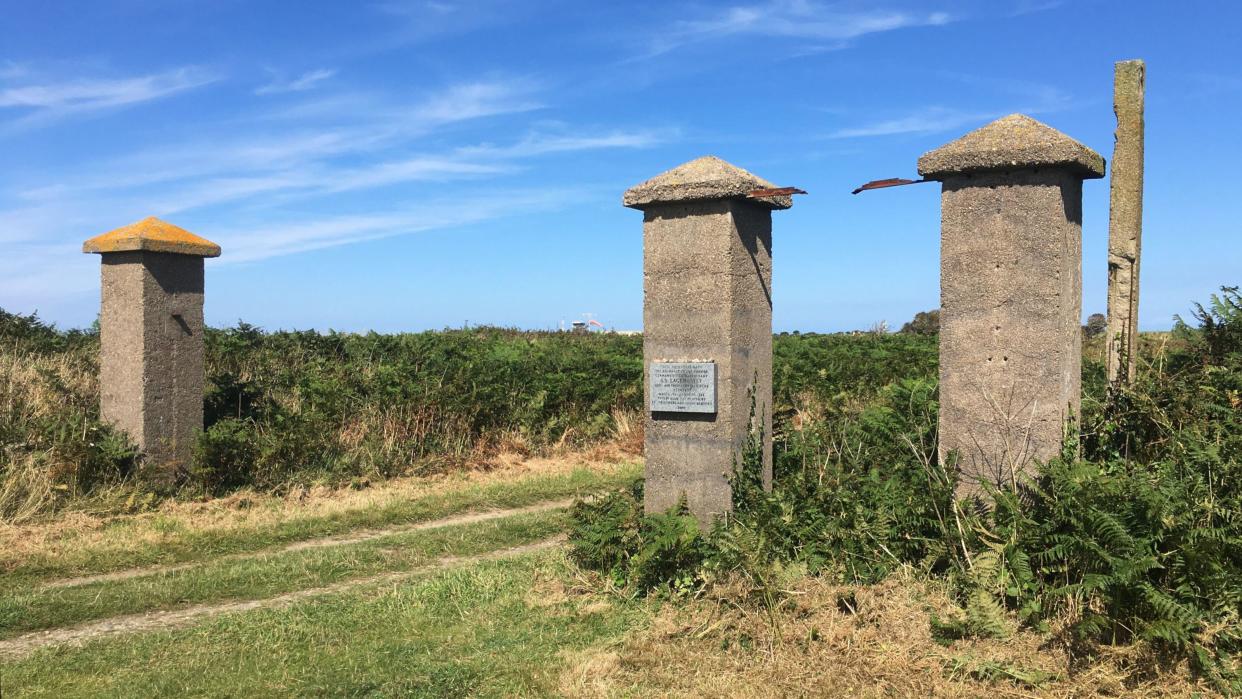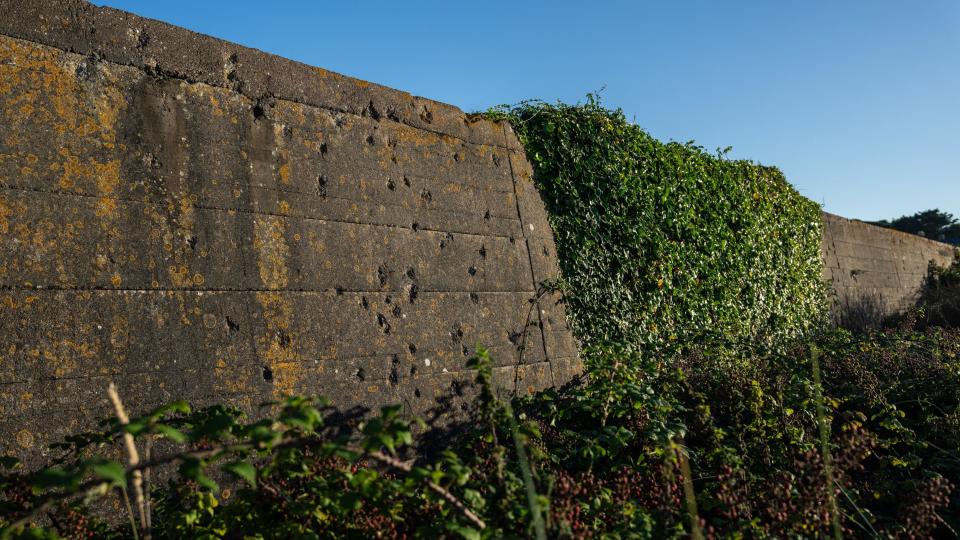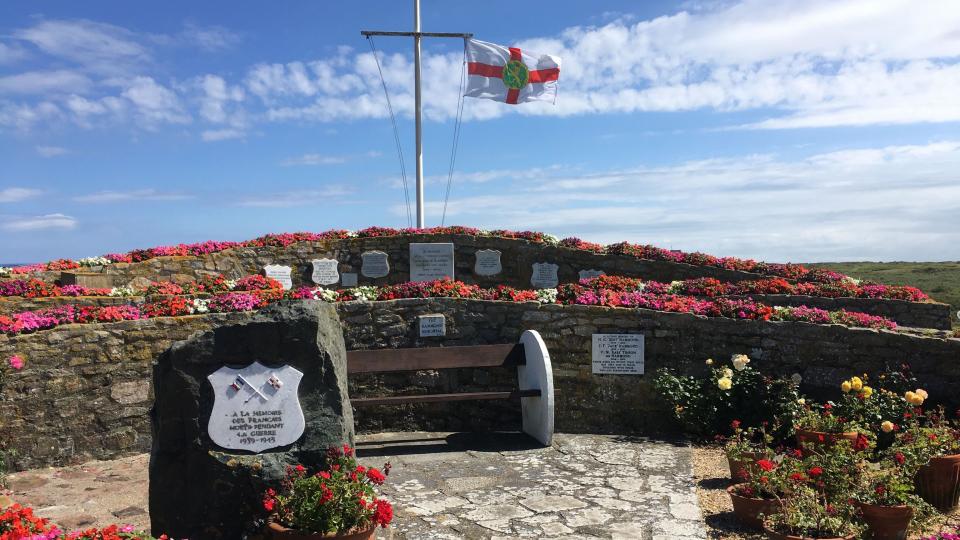No evidence Alderney was 'mini-Auschwitz' - inquiry

- Oops!Something went wrong.Please try again later.
Claims thousands of people died in Nazi camps on the British island of Alderney or that it was a "mini-Auschwitz" are unsubstantiated, a panel of experts has found.
The inquiry ordered by Lord Pickles found it likely between 641 and 1,027 people had died in the five years of "brutality, sadism and murder" of Nazi rule of the Channel Island.
This is higher than the figure of 389 given by investigators following the island's liberation in 1945.
The full report for the review, which aimed to "bring an end to conspiracies and misinformation surrounding this crucial period of history", is due to be published at 11:00 BST.
Alderney is the northernmost of the inhabited Channel Islands, which were demilitarised by the British before being occupied by the Germans in June 1940.
Most of Alderney's 1,500 residents had been evacuated to the UK but a small number remained, living an often precarious existence in the shadow of forced/slave labour camps.
The forced and slave labourers were housed in the four camps across the island, which is 3 miles (4.8km) long and 1.5 miles wide.
They had been brought from across Europe to construct fortifications as part of the German war effort.
The panel - made up of 11 experts - say they were subject to atrocious living and working conditions and, in some cases, executions.
The experts had access to archives from across Europe including Russia and Ukraine, and from Israel, to inform their findings.

Their calculations found the minimum number of prisoners or labourers sent to Alderney was between 7,608 and 7,812.
They said they were confident the number of deaths in Alderney was unlikely to have exceeded 1,134 people, with a more likely range of deaths being between 641-1,027.
The review panel concluded there was no evidence many thousands of victims had died - and that claims Alderney constituted a "mini-Auschwitz" were unsubstantiated.
Lord (Eric) Pickles, UK Special Envoy on Post Holocaust Issues, said: "I have encountered many arguments over numbers.
"Nothing compares to the virulence or personal nature of arguments over numbers in Alderney.
"At a time when parts of Europe are seeking to rinse their history through the Holocaust, the British Isles must tell the unvarnished truth.
"Numbers do matter. It is as much of a Holocaust distortion to exaggerate the number of deaths as it is to underplay the numbers.
"Exaggeration plays into the hands of Holocaust-deniers and undermines the six million dead. The truth can never harm us."

Prof Anthony Glees - who was appointed as a special adviser to Lord Pickles - found post-war investigations by Capt Theodore Pantcheff and others had been "wholly serious in intent".
The panel reported he had found the case was handed to the Russians because the majority of victims were Soviet citizens. In exchange, the British were given, and brought to justice, the Germans who murdered British servicemen who had participated in the Great Escape from Stalag Luft III.
It said the Soviet Union had not followed up the Alderney case and had thus been responsible for the failure to bring the perpetrators to justice, causing much anger among members of the British government.
Panel chair Dr Paul Sanders said the inquiry had assembled a team of experts from several countries and disciplines.
He said: "They were able to develop synergies, on a scale and level that is unlikely to be repeated again. I am proud to have been part of this unique endeavour."
Follow BBC Guernsey on X (formerly Twitter) and Facebook. Send your story ideas to channel.islands@bbc.co.uk.

